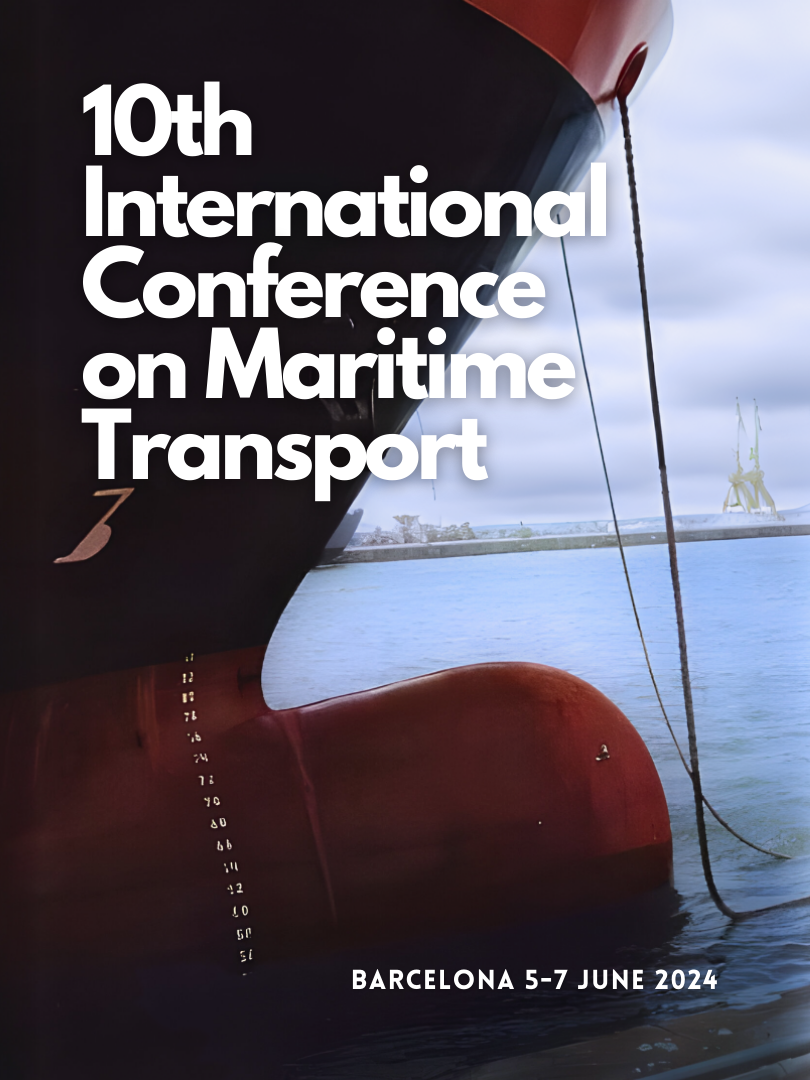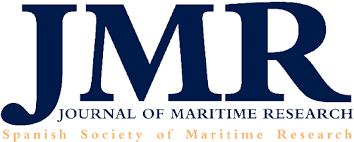REPOSITORY AND KNOWLEDGE BASE ON INFECTIOUS DISEASES FOR SEAFARERS
The results of the DESSEV Erasmus+ project
DOI:
https://doi.org/10.5821/mt.12884Abstract
The COVID-19 pandemic has brought about unprecedented challenges, including lockdowns, difficulties in
verification, staff swaps, and restricted international travel. These factors underscore our global
unpreparedness for such crises. While these challenges have significantly affected life on land, their impact on
maritime activities has been even more pronounced.
Life at sea has been particularly strained due to the inability to disembark, prolonged voyages resulting from
organisational replacements, limited access to hospitals during sea travel, and challenges in early illness
diagnosis and effective isolation. These hurdles have collectively made navigating the pandemic exceptionally
difficult for maritime communities.
Within the framework of the DESSEV project, funded by the European Union Erasmus+, a DEcision Support
System (DSS) addressing epidemic threats on sea-going vessels has been developed. This initiative includes
the establishment of a learning repository and knowledge base on infectious diseases. The repository
encompasses WHO recommendations, IMO guidance, and procedures from select countries for managing
individuals with symptoms or an imminent case of infection on board. Additionally, the repository includes
detailed medical cases presented in the form of scientific articles, all of which are accessible free of charge on
the project website, www.dessevproject.eu.
A second key objective of the project was the creation of a database on infectious diseases. This database
comprises 22 infectious diseases described with 35 symptoms, grouped into 8 categories. The accumulated
knowledge serves as the foundation for the development of IF...THEN... rules in the form of decision trees.
This article presents the tangible results achieved through the DESSEV project. It provides insights into how
the project has contributed to addressing the unique challenges faced by crews of sea-going vessels during the
pandemic, offering a valuable resource for maritime communities and public health professionals.














